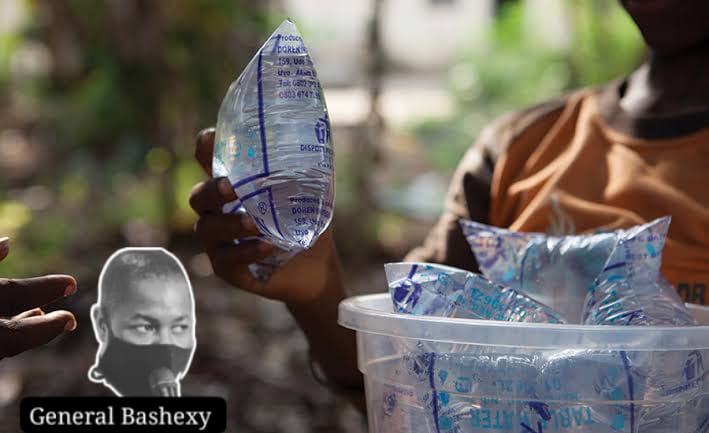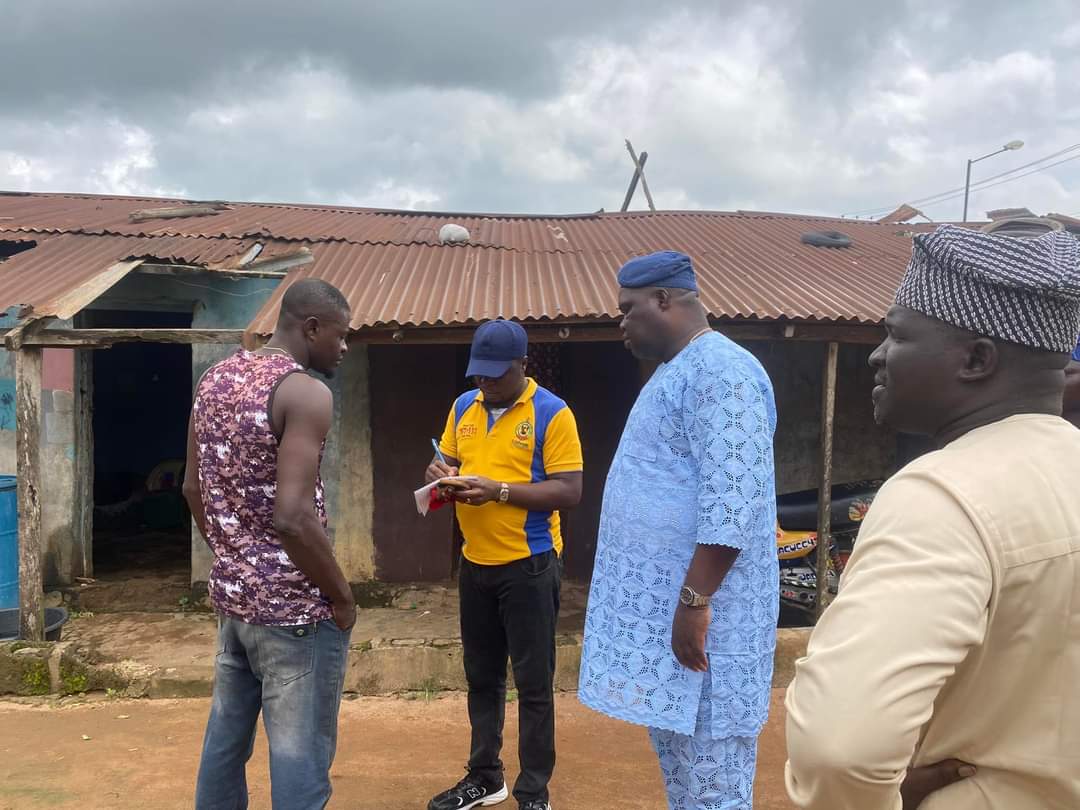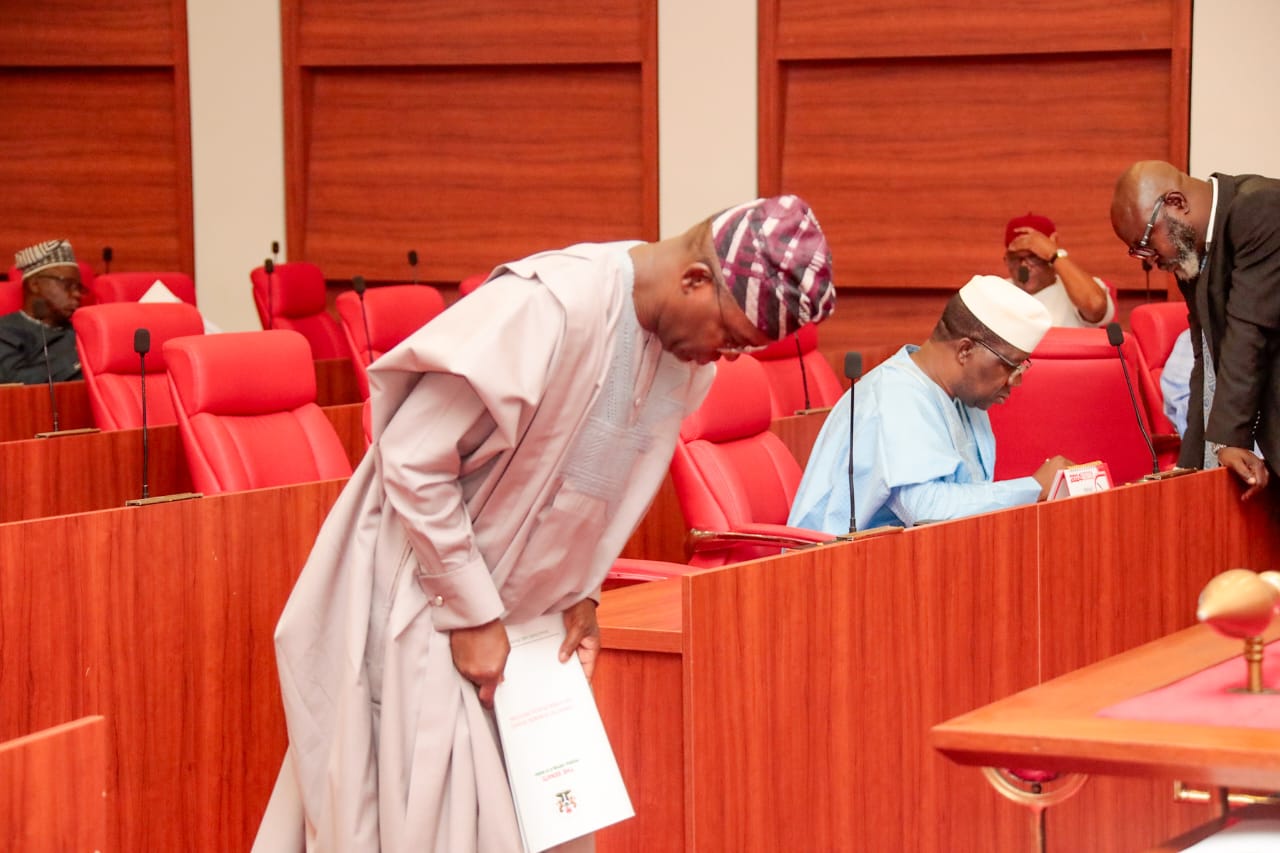In response to the Lagos State Government’s proposed ban on sachet water and other single-use plastics, set to take effect in January 2025, kakalistiq.com reports that Hassan Bashir, a Senior Legislative Aide, has voiced concerns over the potential impact on the city’s most vulnerable residents.
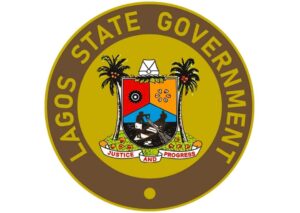
“Sachet water is more than just a convenience; it’s a lifeline for many people across Lagos,” Bashir stated in a post shared on Whatsapp platforms yesterday. “For some, it’s the most affordable way to access clean drinking water. Taking that away without proper alternatives could deepen the hardship for those already struggling.”
The planned ban is part of a broader initiative by the government to curb plastic waste. However, Bashir argues that the approach may lead to unintended consequences. He emphasized the need for a more holistic strategy, one that focuses on recycling and waste management rather than an outright ban.
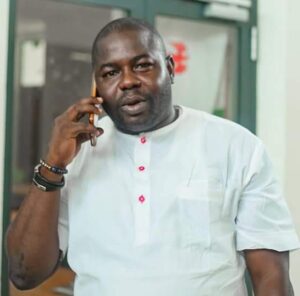
“Instead of eliminating sachet water, the government should explore recycling and waste-to-wealth initiatives. It’s not just about removing a problem; it’s about creating sustainable solutions,” he added. “Public enlightenment on proper waste disposal would also be a key step forward.”
Bashir highlighted that sachet water remains the most affordable and accessible drinking water option for countless communities in Lagos and beyond. Many of those dependent on it are among the most economically vulnerable, and he believes that the government has a duty to protect them.
“The majority of people who rely on sachet water are the poor, and it is the government’s moral obligation to safeguard their well-being,” Bashir asserted. “Policies that ignore or harm these communities may breach ethical principles or even violate human rights.”
The aide also warned of the possible repercussions of moving forward with the ban without considering its broader impact. According to him, such policies could lead to social unrest if they threaten livelihoods without offering adequate alternatives or support.
“When the poor feel their means of survival are under threat, it can lead to instability, protests, and a breakdown of trust in government,” Bashir remarked. “A Greater Lagos should be about inclusive growth and fairness, not actions that push the vulnerable further to the edge.”
Despite his concerns, Bashir remains optimistic, expressing his commitment to a prosperous and equitable future for the state. “I am always for a Greater Lagos, but we must ensure our progress doesn’t come at the cost of those who need our support the most.”

